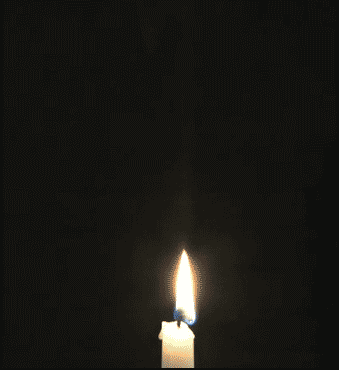Security cameras at St. Columba Catholic Church in Brooklyn showed five people, in the dead of night, trying to force their way inside.
When they failed, the suspects settled for breaking a stained-glass window and attacking a nearby cross. Police noted that this January 27 crime was the latest of many New York City attacks on churches, synagogues, sacred symbols and religious schools, medical facilities and offices. Authorities referred this case to the NYPD Hate Crimes Task Force.
Headlines of this kind have become old news, according to the 2024 religious-liberty report from the U.S. Conference of Catholic Bishops. What has changed, after the U.S. Supreme Court overturned Roe v. Wade, is that anti-Christian vandalism often includes spray-painted slogans such as, "If abortion isn't safe, then neither are you," swastikas and nasty graffiti.
“The general failure … of the federal government to apprehend and prosecute the perpetrators of such attacks, in contrast with the numerous charges brought against pro-life protestors outside abortion clinics, received significant attention in Congress," noted the report. "In hearings in both the House and the Senate, Republicans accused the Department of Justice and the FBI of bias against Catholics and Christians."
Political activists seeking additional evidence that this issue has become politically charged will be able to quote former President Donald Trump's February 22 speech to the National Religious Broadcasters.
After promising to defend religious freedom, he claimed that "radical left" activists are determined to "tear down crosses where they can. … But no one will be touching the cross of Christ under the Trump administration, I swear to you that will never happen."
Meanwhile, the Family Research Council released its latest "Hostility Against Churches" report (.pdf here) during the NRB convention, a 183-page document built on direct references to online news reports and public-source documents. It included 436 hostile incidents from 2023, more than double the number from 2022. This 2023 total was eight times higher than in 2018, when the conservative think tank began tracking reports.










